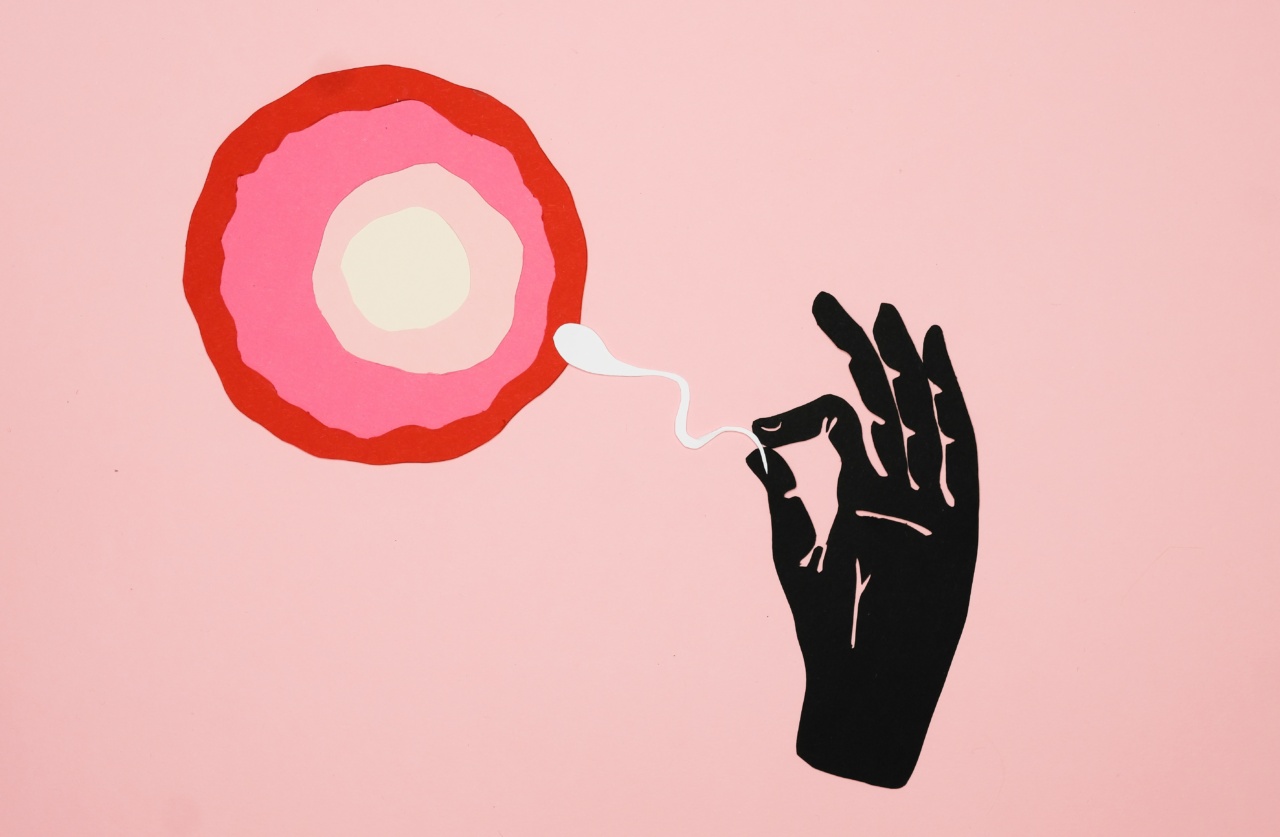Infertility is a medical condition that affects millions of couples around the world. Despite its prevalence, infertility is still a taboo topic in many societies.
Couples who struggle with infertility often feel isolated and alone, struggling to deal with the emotional strains that come with such a challenging situation. Additionally, society’s expectations and ethical considerations surrounding infertility often add to the burden already held by couples.
In this article, we’ll explore infertility’s impact on society and how etiquette, ethics, and expectations may play a role in this complex issue.
Etiquette
Dealing with infertility can often be a sensitive issue, and individuals may feel uncomfortable discussing it openly.
There’s a general lack of awareness surrounding how to approach the subject, particularly amongst those who don’t struggle with infertility themselves. Often, innocent but insensitive comments can lead to further emotional distress and isolation amongst couples.
Couples struggling with infertility may have difficulty interacting with friends or family who are unaware of their condition.
Often, common phrases such as “when are you going to start a family?” or “why don’t you have any children?” can be unintentionally hurtful. While these questions are often well-meaning, they can exacerbate the emotional stresses of infertility. Instead, friends and family should try to avoid these questions and be mindful of the sensitive nature of the topic.
Infertility is a personal and private matter. It’s important to respect the privacy boundaries placed by couples.
Friends and family members should avoid discussing a couple’s infertility with others without permission and should also avoid spreading rumors that may hurt the couple’s reputation. Sensitivity and discretion are key when it comes to respecting individuals struggling with infertility.
Ethics
The field of assisted reproductive technology (ART) has revolutionized the way we approach infertility, enabling many couples to start families. Nevertheless, with growing demand comes ethical considerations and dilemmas in the field.
One major issue is the legality and morality of surrogacy. Surrogacy is a popular option for couples struggling with infertility, as it enables them to use a surrogate mother to carry their child.
However, the practice remains controversial because of issues surrounding the exploitation of women as surrogates, and the treatment of children born through these methods.
Another area of ethical concern is the use of genetic engineering. Preimplantation genetic diagnosis (PGD) is a groundbreaking procedure that allows the genetic diagnosis of an embryo before implantation.
While this technique can be used to identify and prevent potential genetic disorders, it can also encourage the selective breeding of embryos. This practice raises concerns surrounding eugenics and goes against the moral principles of valuing all human life, regardless of genetic makeup.
Expectations
Society often fosters unrealistic expectations when it comes to the process of starting a family.
The expectations for couples to have children immediately after marriage or automatically “fall pregnant” can cause additional stress for couples struggling with infertility. Adoption is often seen as a last resort and is often only considered if all other options fail. Additionally, the financial burden of infertility treatment is often overwhelming and unaffordable for many couples.
Another point of expectation is the differentiation of infertility between men and women. Infertility is not only a woman’s problem, although this view is widely held within society.
Studies show that men, too, suffer from infertility problems just as often as women do, and in many cases, the problem lies with the male partner. Raising awareness and understanding surrounding male infertility is crucial to help break this misconception and foster appropriate support for all individuals struggling with infertility.
Conclusion
Infertility has far-reaching implications on couples, affecting emotional, social, and financial aspects of their lives. Society must be more accepting and understanding of infertility and support couples struggling with the condition.
We should embrace the differences and complexities surrounding infertility and raise awareness regarding the sensitive and emotional nature of the subject. By doing so, we can break through the stigma and become more accepting and supportive of those struggling with infertility.




























